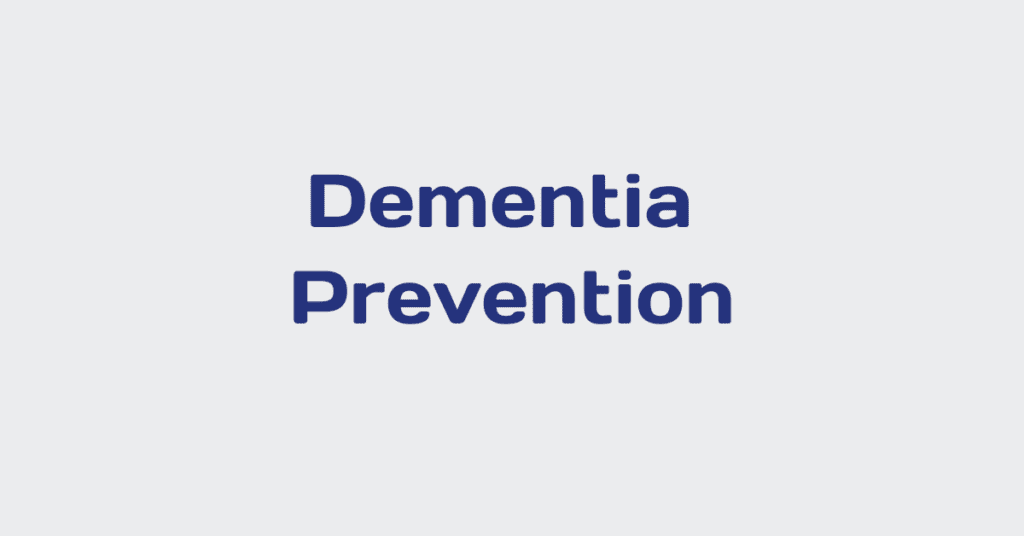In this blog, we will explore the importance of dementia prevention and how we can actively promote brain health to reduce the risk of developing this debilitating condition. By understanding the factors that contribute to dementia and implementing lifestyle changes, we can take control of our cognitive well-being and pave the way for a brighter future.
- Understanding Dementia Risk Factors:
- Breakdown of the various risk factors associated with dementia, including age, genetics, cardiovascular health, and lifestyle choices.
- Exploring the connection between chronic conditions like diabetes, hypertension, and obesity with an increased risk of dementia.
- The impact of modifiable risk factors and the potential for prevention through proactive measures.
- Embracing a Brain-Boosting Lifestyle:
- The role of regular physical exercise in promoting brain health and reducing the risk of cognitive decline.
- Nurturing mental well-being through social engagement, lifelong learning, and challenging cognitive activities.
- The impact of a healthy diet rich in fruits, vegetables, whole grains, and omega-3 fatty acids on brain health.
- Cultivating Emotional Well-being:
- Exploring the benefits of brain-training exercises and puzzles in maintaining mental agility.
- The importance of engaging in new activities and hobbies to challenge the brain and stimulate neural connections.
- Incorporating memory-enhancing techniques into daily routines.
- Sleep and Stress Management:
- Highlighting the significance of quality sleep in consolidating memories and supporting overall brain health.
- Strategies for managing stress and anxiety, as chronic stress can negatively impact cognitive function.
- The benefits of relaxation techniques, meditation, and mindfulness practices in promoting brain health.
- Protecting Brain Health at Every Age:
- The importance of starting early with brain-healthy habits to build cognitive resilience.
- Strategies for promoting brain health in children, adolescents, and young adults.
- Encouraging older adults to stay mentally active and engaged through lifelong learning and socialization.
- Seeking Professional Guidance:
- The role of healthcare professionals in assessing cognitive health and providing personalized advice for dementia prevention.
- The significance of regular check-ups, including cognitive screenings, to monitor brain health.
- Available resources and support groups for individuals concerned about their cognitive well-being.
Conclusion:
By adopting a proactive approach to brain health, we can reduce the risk of dementia and promote cognitive well-being at every stage of life. Through lifestyle changes, cognitive stimulation, stress management, and seeking professional guidance, we can nurture our brains and pave the way for a brighter future. Let us prioritize dementia prevention and work towards a world where cognitive decline is minimized, and brain health is cherished.
We Can Help Your Loved One Age in Place
Physical and cognitive decline can make day-to-day life more challenging for your senior, who may need professional assistance with everyday tasks such as dressing, grooming, bathing, meal planning, and toileting.
Devoted Care Services offers personalized care solutions designed to enhance the comfort and well-being of your loved one. With assistance provided by Devoted Care Services, your loved one will have the one-on-one support they need by their side to age in place comfortably.
Schedule a free home care consultation with your local Devoted Care Services to help you understand your senior care options and make the best choice.

